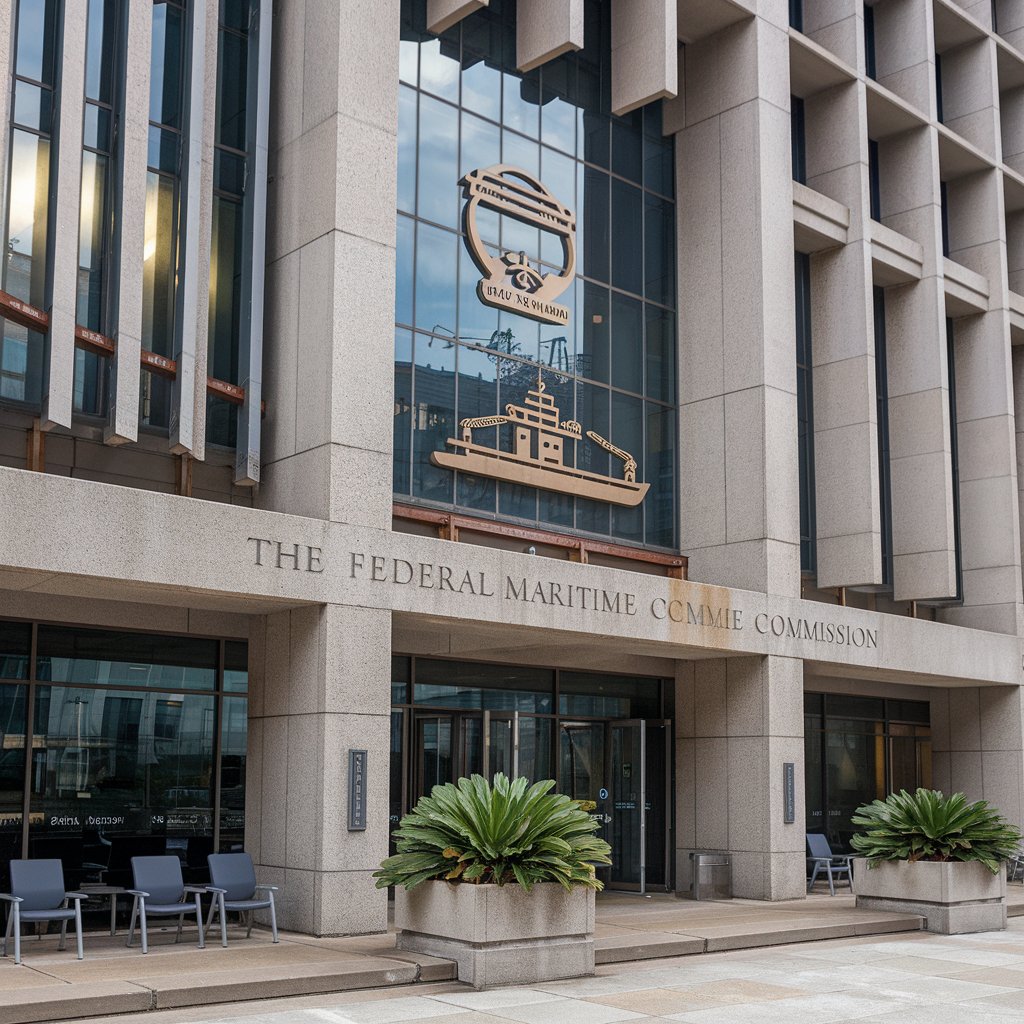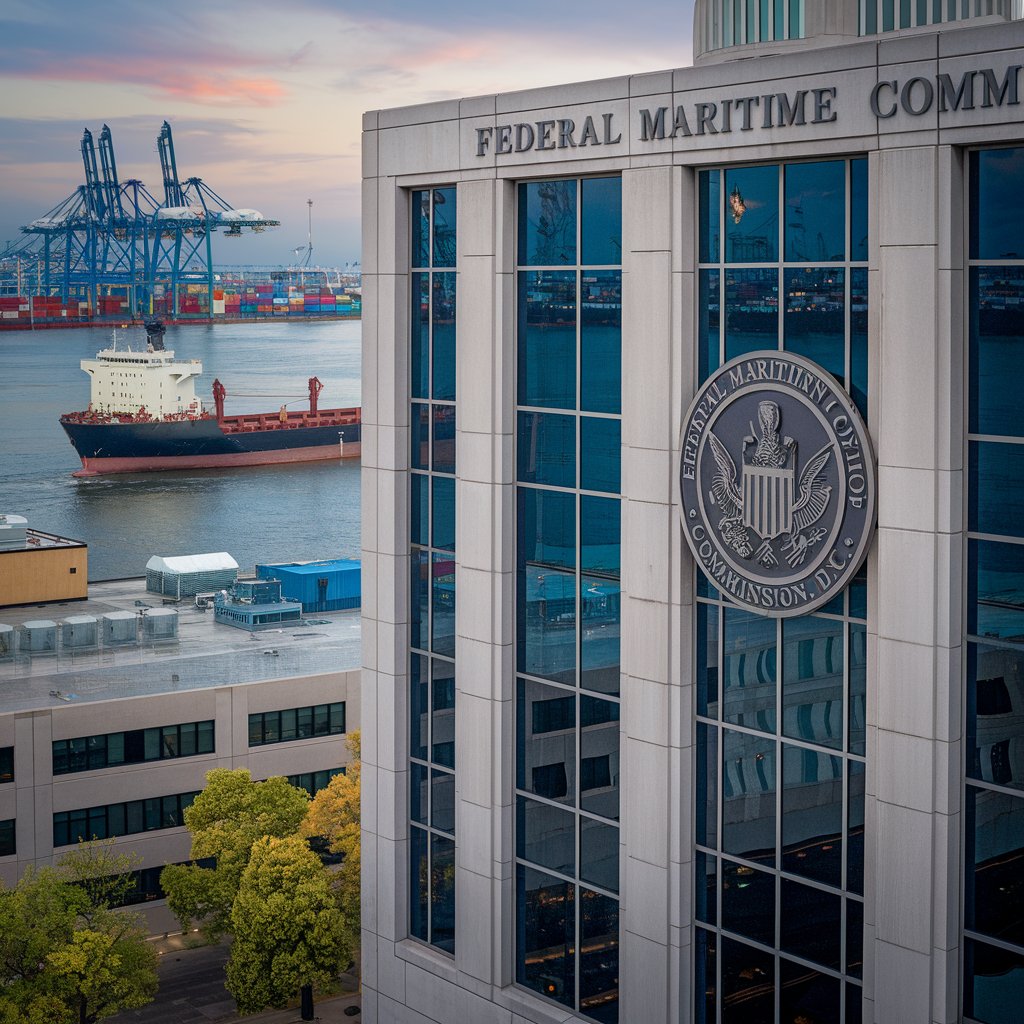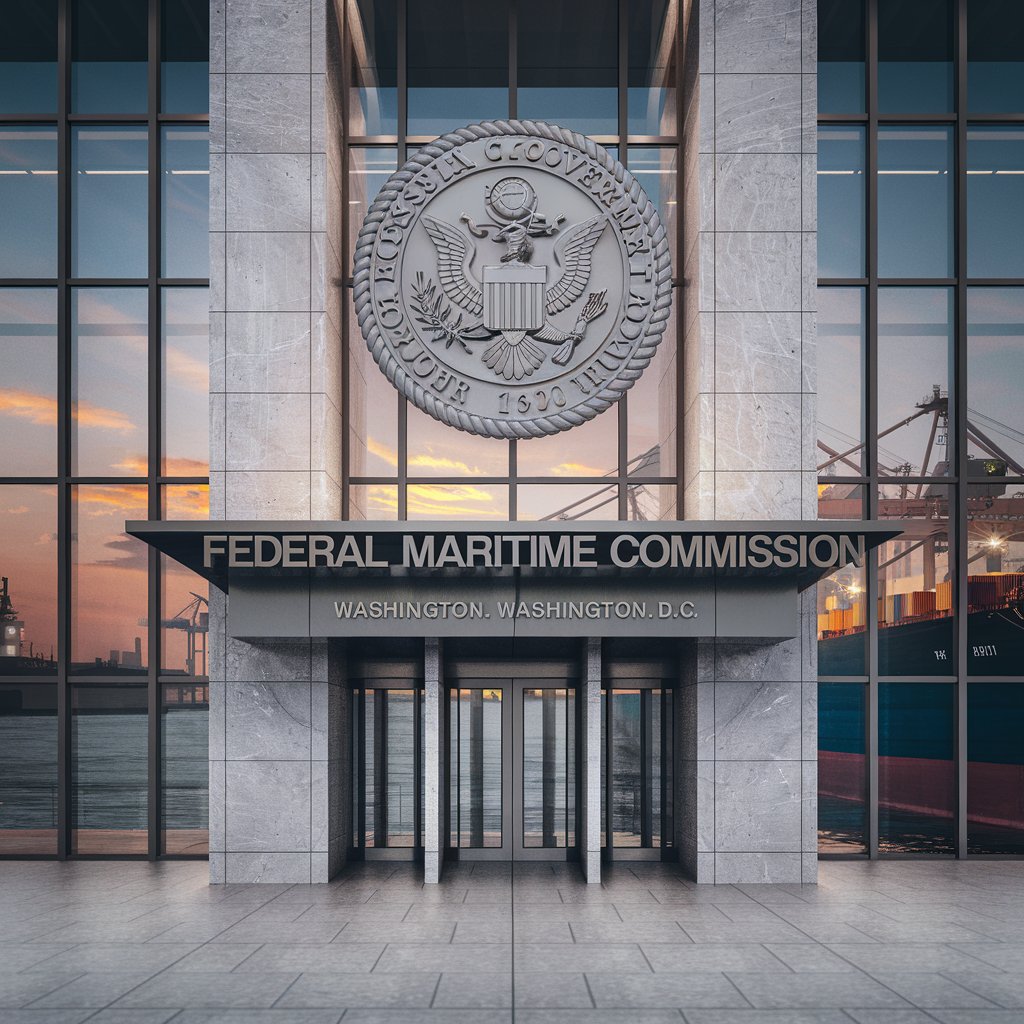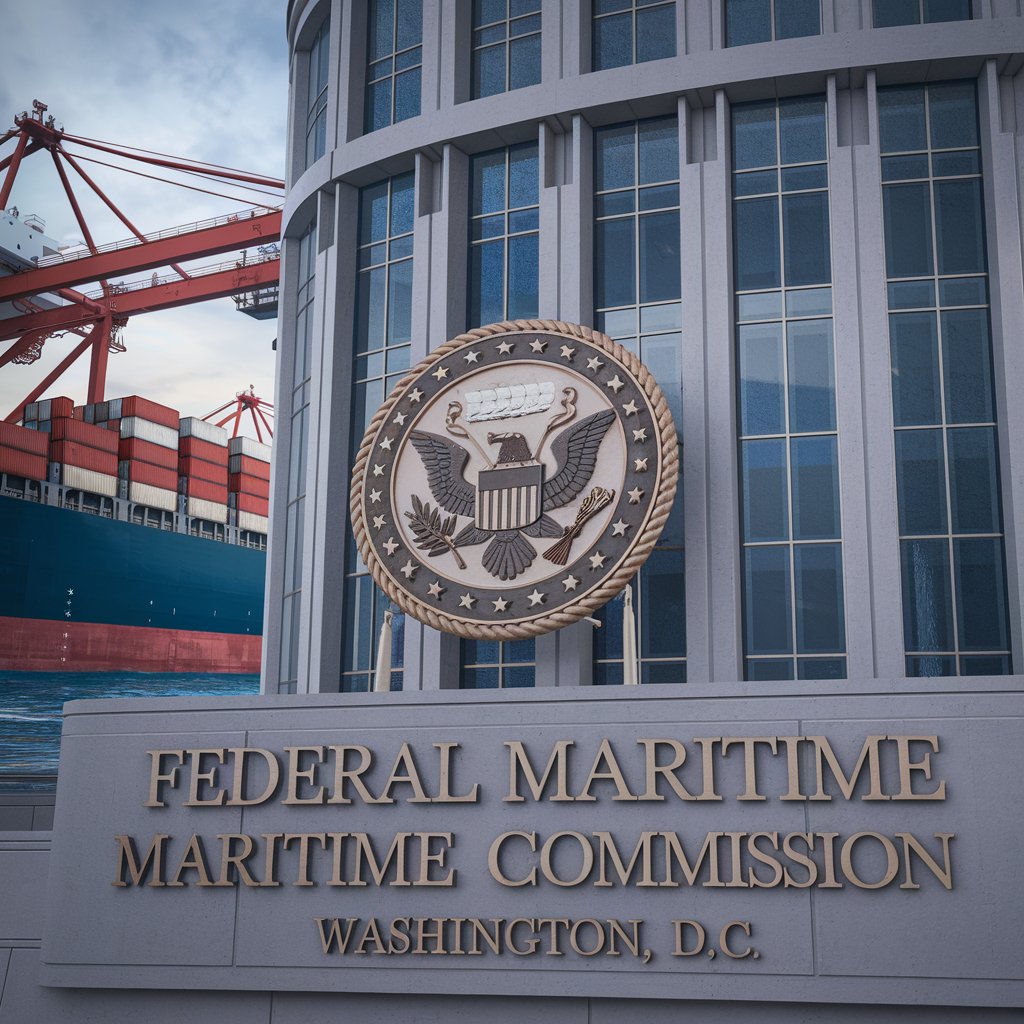Everything You Need to Know About the Federal Maritime Commission
This article provides a detailed overview of the Federal Maritime Commission, its key responsibilities, practical applications, and importance for businesses and professionals in the shipping and logistics sectors.

What is the Federal Maritime Commission?
The Federal Maritime Commission (FMC) is an independent federal agency responsible for regulating the U.S. international ocean transportation system. It was established in 1961 to oversee fair trade practices, licensing, and compliance in the shipping industry.
The FMC ensures that maritime companies operate fairly and transparently, preventing monopolistic practices and protecting shippers, carriers, and consumers.
Key Responsibilities of the FMC
1. Regulating International Shipping
- Oversees ocean carriers, freight forwarders, and marine terminal operators.
- Ensures compliance with the Shipping Act of 1984 and other regulations.
2. Enforcing Fair Trade Practices
- Prevents unfair pricing and anti-competitive agreements.
- Investigates complaints regarding unreasonable shipping fees and surcharges.
3. Licensing and Monitoring
- Issues licenses to Ocean Transportation Intermediaries (OTIs).
- Regulates Non-Vessel Operating Common Carriers (NVOCCs) and Freight Forwarders.
4. Protecting Shippers and Consumers
- Ensures transparent pricing for shipping services.
- Protects consumers from fraudulent maritime business practices.
5. Resolving Disputes and Investigating Complaints
- Provides a formal dispute resolution process for shipping conflicts.
- Investigates unlawful shipping practices and ensures compliance.
6. Monitoring Global Maritime Trends
- Analyzes global trade policies and their impact on U.S. shipping.
Works with international agencies to ensure harmonized regulations.

Practical Applications of the FMC in Business
1. Shipping Companies and Ocean Carriers
- Must comply with FMC regulations on pricing, licensing, and fair competition.
- Ensure transparent freight rates and service agreements.
2. Freight Forwarders and NVOCCs
- Must register with the FMC and follow strict licensing requirements.
- Benefit from FMC protections against unfair carrier practices.
3. Importers and Exporters
- Gain protection from unfair shipping costs and surcharges.
- Can file complaints if overcharged or treated unfairly.
4. Port Operators and Marine Terminals
- Must abide by FMC guidelines for fair trade and pricing.
- Ensure compliance in handling cargo and logistics operations.
5. Legal and Compliance Professionals
- Work with businesses to ensure FMC compliance.
- Provide guidance on dispute resolution and regulatory policies.

Why the FMC Matters for Businesses
✅ Regulatory Compliance
- Ensures companies adhere to fair trade laws.
- Prevents legal issues and fines for non-compliance.
✅ Cost Transparency
- Protects businesses from hidden shipping fees.
- Requires carriers to disclose pricing structures.
✅ Dispute Resolution
- Provides a legal framework for resolving shipping conflicts.
- Helps businesses recover losses from unfair practices.
✅ Global Trade Stability
- Ensures that U.S. businesses operate in a fair maritime environment.
- Promotes balanced competition in global shipping.
Frequently Asked Questions (FAQs)
Q1: Who Needs to Register with the FMC?
📌 Answer:
- NVOCCs, freight forwarders, and marine terminal operators must register.
- Shipping companies and carriers operating in the U.S. international trade must comply.
Q2: How Does the FMC Protect Shippers?
📌 Answer:
- Ensures transparent pricing.
- Prevents unfair trade practices.
- Provides dispute resolution services for shippers.
Q3: Can the FMC Fine Non-Compliant Companies?
📌 Answer: Yes. Companies violating FMC regulations may face substantial fines and penalties.
Q4: How Can I File a Complaint with the FMC?
📌 Answer:
- Businesses and consumers can submit complaints online through the FMC’s official website.
- The agency provides investigations and mediation services.

Conclusion
The Federal Maritime Commission (FMC) plays an essential role in maintaining a fair, transparent, and competitive maritime industry. By regulating shipping companies, freight forwarders, and port operators, the FMC ensures that businesses and consumers benefit from cost-effective and ethical trade practices.
For companies involved in international trade, logistics, and maritime operations, understanding FMC regulations is crucial to avoiding legal risks, optimizing shipping costs, and ensuring smooth supply chain operations.
